Catnip tea is a herbal infusion made from the leaves and flowers of the Nepeta cataria plant, commonly known as catnip. While many are familiar with catnip’s effects on felines, humans have been enjoying the calming properties of this herb for centuries. With its unique flavor and numerous health benefits, catnip tea is a delightful addition to any herbal tea collection. This article explores the origins of catnip, how to prepare catnip tea, its many health benefits, and its possible uses alongside other herbal teas.
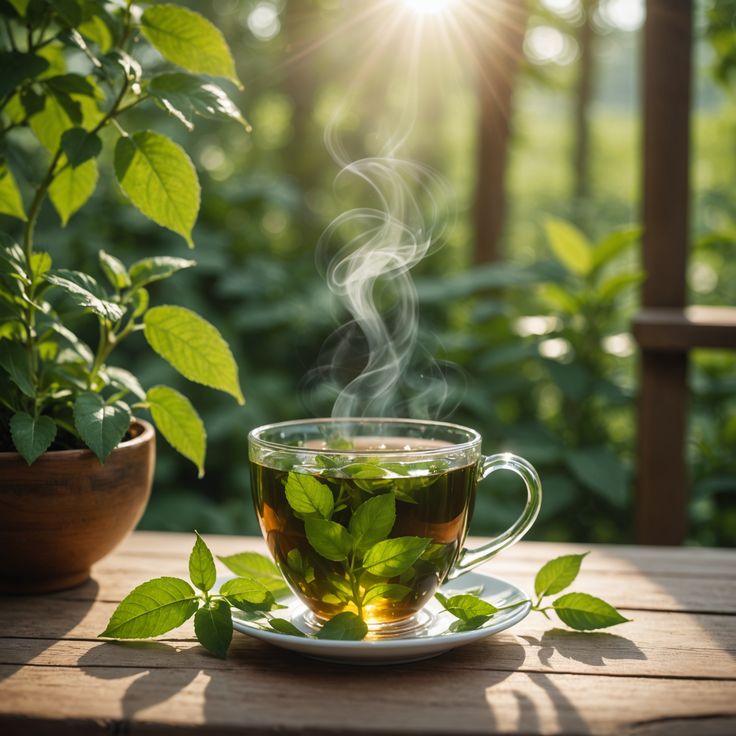
The Origins and History of Catnip
A Brief Overview of Catnip
Catnip, also known as catmint, belongs to the mint family (Lamiaceae). This herb is native to Europe and Asia but has spread to various parts of North America. Catnip features distinct jagged green leaves and small, pale purple flowers that bloom in summer. It thrives in sunny, well-drained areas and is often found in gardens and wild landscapes.
Historically, catnip has been used for various purposes beyond the amusement of cats. Ancient Greeks and Romans utilized catnip for its medicinal properties. Herbalists valued the herb for its potential to treat ailments such as insomnia, digestive issues, headaches, and anxiety. In traditional medicine, catnip has gained recognition as a calming agent and mild sedative.
The Presence of Catnip in Culture
Catnip has held a significant place in various cultures throughout history. In ancient times, it was often used in folk remedies and as a natural herbal remedy. The plant was also mentioned in herbal texts and treated as a valuable resource. During the Middle Ages, catnip was popular in Europe as one of the primary herbs used to ward off ailments and promote overall health.
In contemporary times, catnip has become well-known for its euphoric effects on cats. When exposed to catnip, many cats respond with playful behaviors, rolling, rubbing, and even vocalizing. Despite its association with felines, catnip can provide remarkable herbal benefits for human consumption, especially when brewed into tea.
How to Prepare Catnip Herbal Tea
Creating catnip tea at home is straightforward and can be done using fresh or dried catnip leaves. Follow these simple steps to prepare a soothing cup of catnip tea:
Ingredients
- 1 to 2 teaspoons of dried catnip leaves (or 1 tablespoon of fresh catnip leaves)
- 1 cup of boiling water (approximately 240 ml)
- Optional: honey, lemon, or other sweeteners for taste
Preparation Steps
- Boil Water: Start by boiling a cup of water in a pot or kettle.
- Add Catnip: Once the water reaches a boil, pour it over the dried or fresh catnip leaves in a teapot or cup.
- Steep: Cover the teapot or cup to keep the heat in, allowing the leaves to steep for 5 to 10 minutes. The longer you steep, the more robust the flavor will be.
- Strain and Serve: After steeping, strain the leaves using a fine mesh strainer. Pour the tea into your cup, discarding the used leaves.
- Flavor to Taste: Optionally, add honey, lemon, or any sweetener of your choice to enhance the flavor. Enjoy your hot catnip tea!
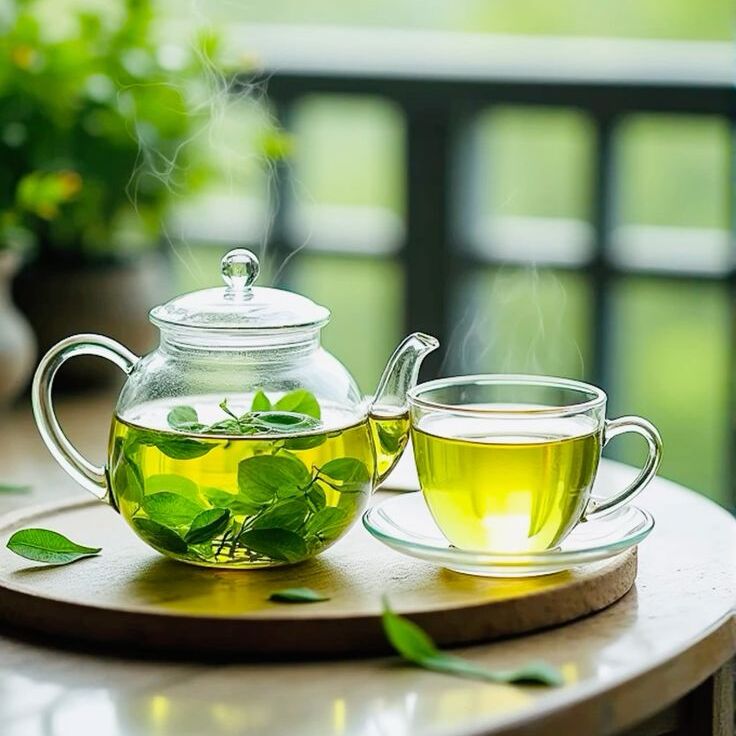
Health Benefits of Catnip Herbal Tea
1. Promotes Relaxation and Reduces Stress
One of the most notable benefits of catnip tea is its calming effect. The herb contains compounds, such as nepetalactone, which have sedative properties. Drinking catnip tea can help soothe anxiety and promote relaxation, making it an excellent choice for those needing to unwind after a long day.
2. Supports Healthy Sleep
Catnip tea may be particularly beneficial for individuals struggling with insomnia or sleep disturbances. Its mild sedative properties can help lull the body and mind into a restful state. Drinking a warm cup of catnip tea before bedtime creates a calming bedtime ritual that aids in achieving a good night’s sleep.
3. Aids Digestion
Catnip tea has been traditionally used to soothe digestive issues. The herb’s ability to relax the muscles in the digestive tract may alleviate symptoms such as bloating, gas, and cramping. Many herbalists recommend catnip tea as a gentle remedy for digestive discomfort when consumed after meals.
4. Supports Respiratory Health
Historically, catnip has been used to alleviate respiratory conditions. The herb’s anti-inflammatory and antispasmodic properties may help reduce symptoms of coughs, colds, and bronchial irritation. Drinking catnip tea can provide comfort and relief for those suffering from respiratory issues.
5. Enhances Mood and Reduces Anxiety
The calming effects of catnip tea extend beyond relaxation; it may also contribute to mood enhancement. Some studies suggest that catnip may positively impact neurotransmitters in the brain, leading to reduced feelings of anxiety and improved mood. Including catnip tea in your wellness routine can foster a sense of calm and emotional balance.
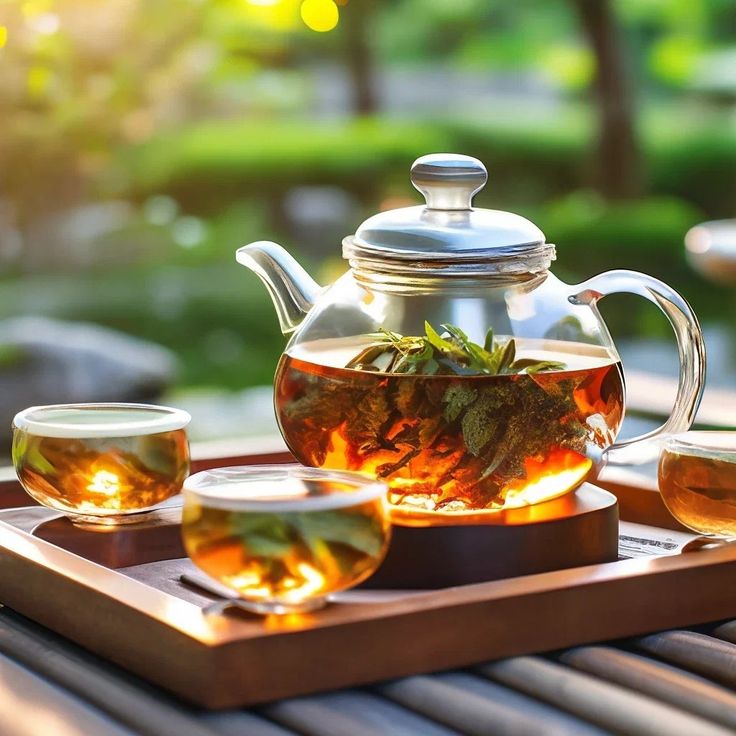
Culinary Uses for Catnip
While catnip tea stands out as the most popular culinary use for this fragrant herb, there are numerous creative and delicious ways to incorporate catnip into your meals and enhance your dishes.
1. Catnip-Infused Dishes
Dried catnip leaves can be added to savory dishes, much like other culinary herbs. They work well in soup stocks, sauces, or as a seasoning for meats and vegetables. The gentle minty flavor can enhance various dishes, adding a unique twist.
2. Herbal Blends
You can create a herbal tea blend by combining catnip with other herbs, such as chamomile, peppermint, or lemon balm. For a refreshing beverage, add sencha tea for a delightful combination of flavors. This blend can elevate your tea-drinking experience while maximizing relaxation.
3. Herbal Sachets
Dried catnip can be used in herbal sachets for scenting your drawers or to create soothing sleep pillows. The calming aroma can promote relaxation and help create a tranquil sleeping environment. Simply place the dried leaves in a muslin bag and place it in your pillowcase or drawer.
Combining Catnip Tea with Sencha Tea
1. The Benefits of Sencha Tea
Sencha tea is a type of green tea originating from Japan, known for its grassy flavor and vibrant green color. Rich in antioxidants and polyphenols, sencha tea offers numerous health benefits, including improved heart health, boosted metabolism, and enhanced mental clarity.
2. Creating a Flavorful Blend
Combining catnip tea with sencha tea can create a unique herbal infusion. The soothing properties of catnip complement the grassy notes of sencha, resulting in a well-rounded beverage that provides both relaxation and alertness. To create a catnip-sencha tea blend, follow these steps:
Ingredients
- 1 teaspoon of dried catnip leaves
- 1 teaspoon of sencha tea leaves
- 1 cup of boiling water
Preparation Steps
- Boil water to approximately 170°F to 185°F (77°C to 85°C) for sencha tea.
- Combine the dried catnip leaves and sencha tea leaves in a teapot or cup.
- Pour the boiled water over the herbs and tea leaves.
- Steep for 2-3 minutes, and then strain before serving.
3. Enjoying the Blend
The resulting catnip-sencha blend offers a refreshing experience, balancing the calming effects of catnip with the energizing benefits of sencha tea. This tea can be enjoyed both hot and iced, providing a delightful beverage for any occasion.
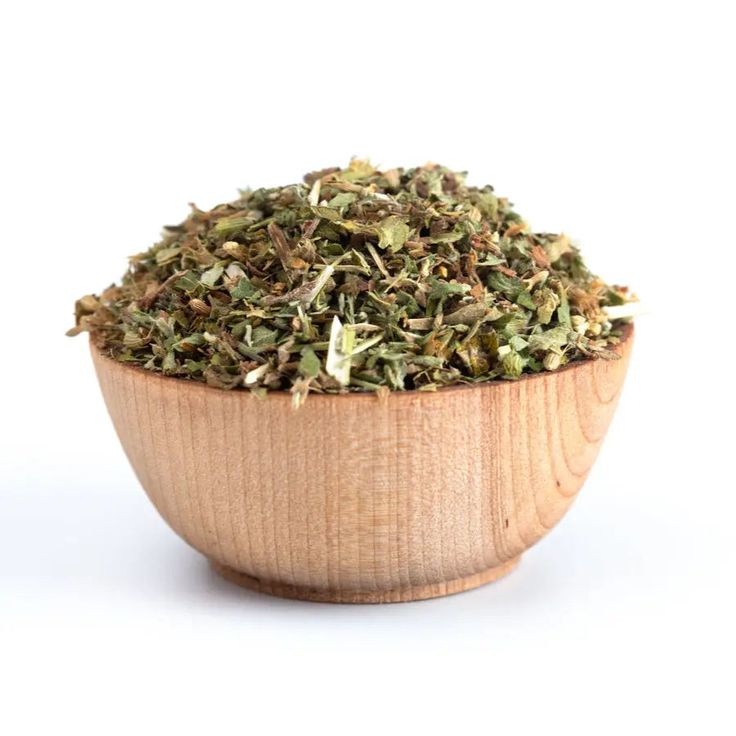
Safety Considerations
1. Allergic Reactions
While catnip is generally safe for most people, allergic reactions can occur. Individuals with known allergies to other herbs in the mint family may want to avoid catnip. If you experience any adverse reactions, discontinue consumption and consult a healthcare professional.
2. Pregnancy and Nursing
Pregnant and nursing women should consult their healthcare provider before consuming catnip tea or any herbal remedies. While moderate consumption is generally safe, it is essential to ensure the well-being of both mother and child.
3. Medication Interactions
Catnip may interact with certain medications, particularly those affecting sedation, anxiety, or blood sugar levels. If you take medications, consult your healthcare provider to avoid potential complications when incorporating catnip tea into your routine.
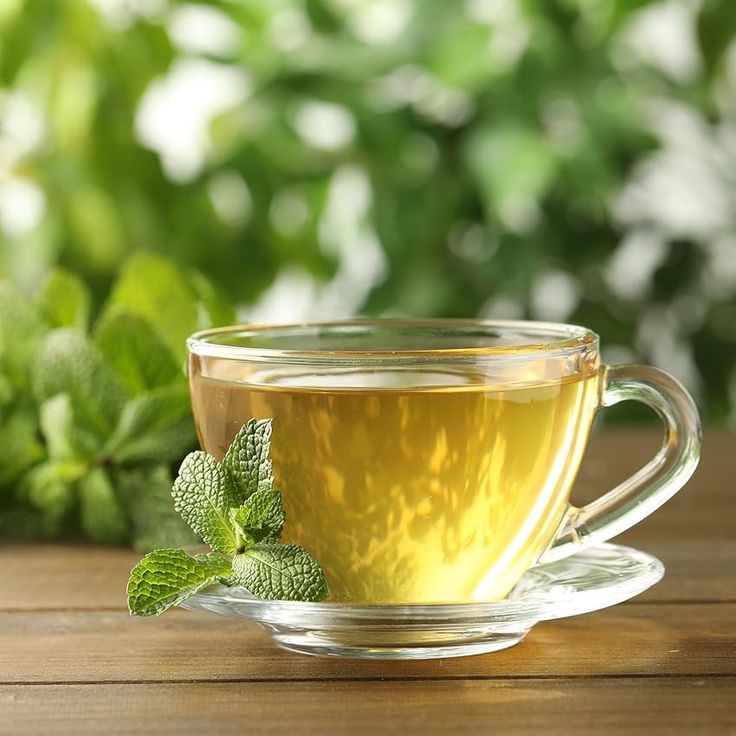
Conclusion: Embrace the Benefits of Catnip Tea
Catnip tea is a delightful herbal infusion that offers a range of health benefits and culinary possibilities. With its calming properties and pleasant flavor, this tea can easily become a part of your daily routine. Whether you enjoy it as a standalone drink or explore its versatility in culinary applications, catnip tea’s rich history and health-promoting qualities offer ample reason to incorporate it into your life.
By blending catnip tea with other herbal teas, such as sencha tea, you can create exciting flavor profiles while maximizing relaxation and alertness. Furthermore, herbal tea complements your well-being, offering natural solutions for stress relief, digestion enhancement, and improved mood.
Consider brewing a cup of catnip tea today and savor its unique flavor and aroma. Discover the soothing benefits of this herbal beverage, and enjoy its role in promoting relaxation and wellness as you navigate the rhythms of everyday life.